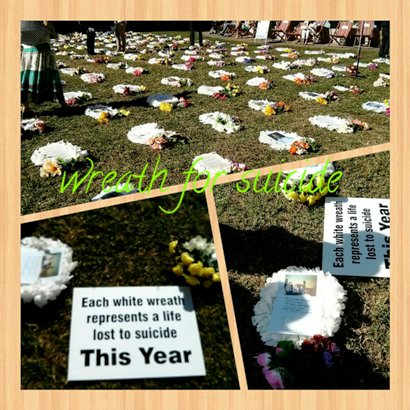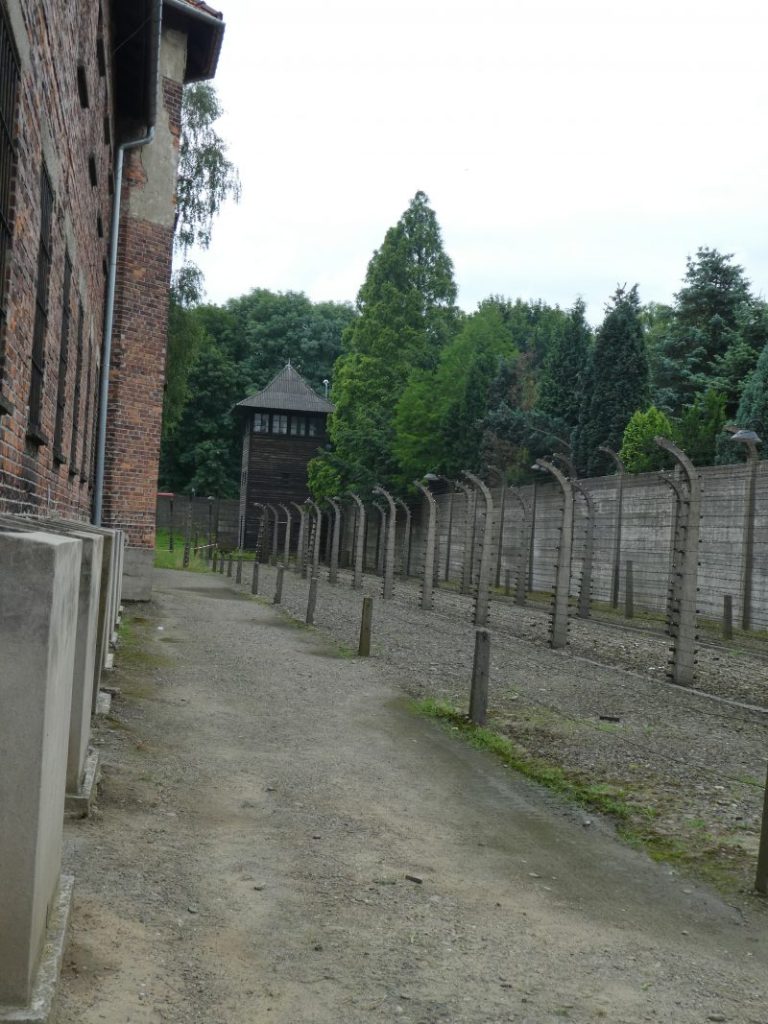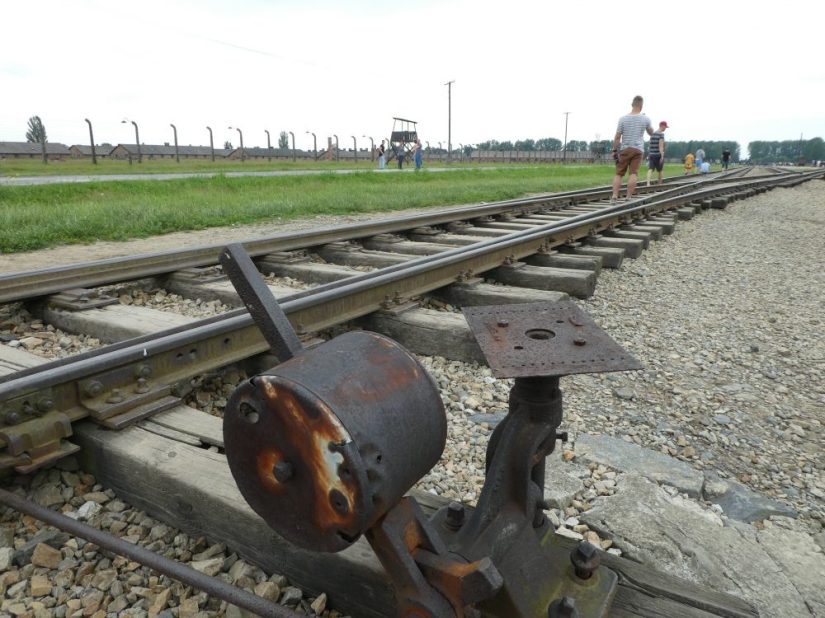I came across an interview as a follow on from a friend’s blog.
It was on a sensitive topic.
I have lived through a family member’s depressive and suicidal behaviour, and spent a long time trying to analyse and digest what and why.
There are always questions and no answers. A puzzle that is never complete.
A mystery without a solution.

If a tragedy involving a young adult occurs, the parent is forever changed. There are no magic answers for dealing with it, no rulebook. It leaves a black hole of despair, a permanent scar, for which there is no cure.
How can we help to prevent it?
Suicide occurs less in impoverished circumstances, as opposed to those who have resources and might be perhaps more comfortable in a socio-economic sense.
“I think you can say that when there is a suicide the entire family becomes totally unhinged. And even though we all seem to go back to normalcy, something has been broken forever.
In my own case, having been abandoned by my father in a way – he never was much of a father and then having being abandoned by Jim. The only person who never abandoned me except when he died was Johan Oosterveld, the farmer in the Upstairs Room, the man who saved my life. He was always there for me. He even left a closet, in his attic, with a hole that you could crawl into, where I had hidden from the Germans.
Because he always said: ‘You never know – it might come in handy again, and then Annie you can come back from Neuf York and you can get right back in there.”
Johanna Reiss, author of a Hidden Life.

Johanna Reiss explains it in a better way than I could:
“The middle class and the upper class are much more likely to commit suicide than those who have to find their daily bread, so to speak.
(In) Elie Wiesel’s book. I had read that in concentration camps, the biggest goal for most of them was to get the next crust of bread. And they were already being punished by the Nazis, so they didn’t think they had to punish themselves too.
There were very few suicides in concentration camps, which is strange when you think about it, it surely seems like a place you’d want to get away from.”
www.thebrowser.com/books/interviews/reiss

“‘There has to be a reason for people to stay alive, there has to be hope, and there has to be somebody or something that is so important, that you couldn’t possibly leave it.’
Elie Wiesel, a Romanian-born American writer, Nobel laureate, and Holocaust survivor wrote that he was considering running into the barbed wire once, but he didn’t because his father needed him. And that’s the only time he mentions the allure of suicide.”
It is vital that the sufferer does not feel abandoned, that they have a reason to be.
You are not alone.
If you feel it is just too much, speak up and tell someone you are not okay.
Call a friend.
Send a message or text.
Tell someone that you need support.
Tell anyone you feel you can speak to, be that medical, commercial or religious.
Just speak up.
Let someone know.


